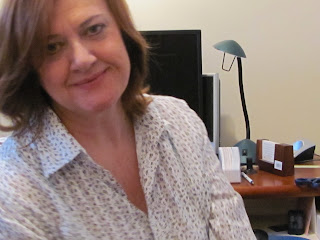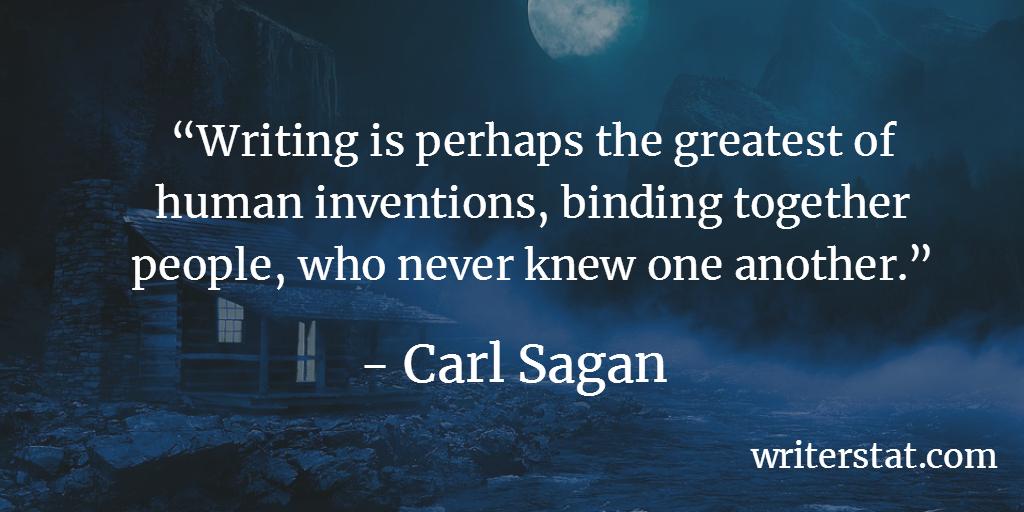For the last few months, I have not been motivated to write due to my involvement in a non-profit websleuthing project.
I have been working on a new book that I hope to release and sell. After going through it multiple times and making several edits, I finally decided to put it aside for a fresh look later. I then thought about going back to article writing, but every time I sat down at the computer, I felt brain-dead. I had no motivation to write. While some of my old articles have sold, I know that if I don't put out anything new, the money will eventually dry up.
Today, I would like to suggest that if you experience a lack of enthusiasm when writing, you should take a break and do other things instead. There's no point in spending time on writing when your heart isn't in it. Wait for your inspiration to return and don't feel guilty for taking a break.








